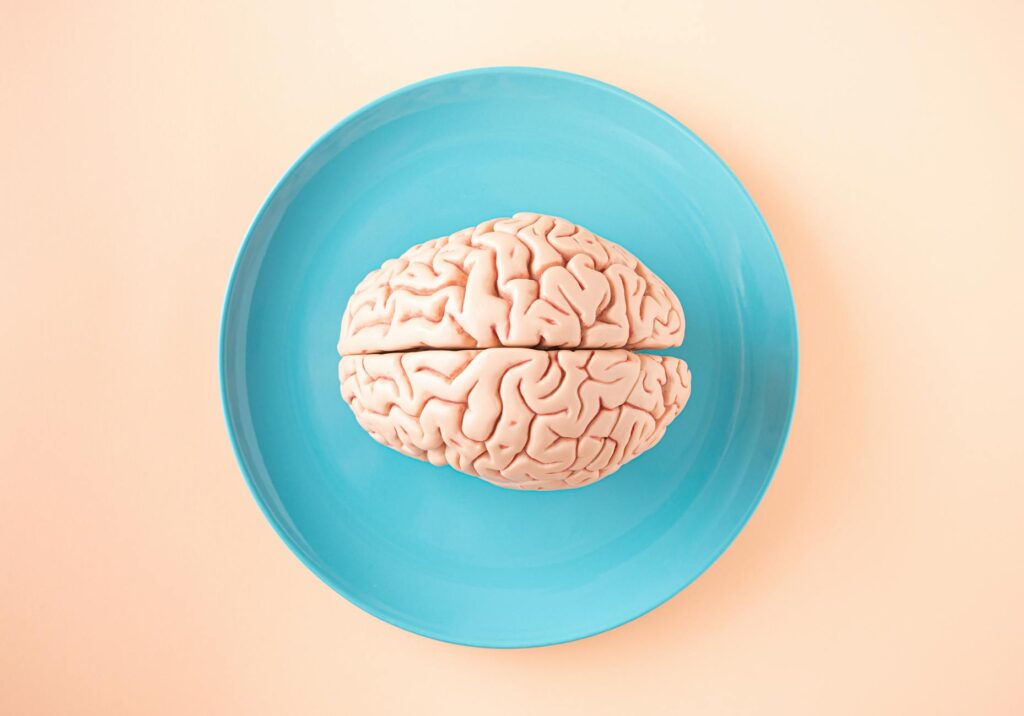What is cognitive neuroscience?

What is Cognitive Neuroscience?
Cognitive neuroscience is a fascinating field that dives into understanding how our brains influence our thoughts, emotions, and behaviors. By studying the biological processes underlying our cognitive functions, cognitive neuroscience helps us grasp how we think, learn, and interact with the world around us. But what makes this field so crucial, and how does it impact our daily lives?
Defining Cognitive Neuroscience
Cognitive neuroscience is an interdisciplinary branch of psychology and neuroscience focusing on the neural connections in the brain that are involved in mental processes. It explores the biological underpinnings of how we perceive, think, remember, and make decisions. This field, as explained by ScienceDirect, investigates how mental functions are produced by the brain’s physical structure.
The Interdisciplinary Nature of Cognitive Neuroscience
What sets cognitive neuroscience apart is its interdisciplinary approach. By merging psychology, neuroscience, biology, and computer science, it creates a comprehensive understanding of brain functions. This fusion is crucial because understanding cognition requires insights from various scientific perspectives. For instance, psychologists analyze behavior, neuroscientists study neural mechanisms, biologists explore physiological processes, and computer scientists develop models to simulate brain activities.
Key Concepts in Cognitive Neuroscience
Cognitive neuroscience introduces us to several intriguing concepts. Neural networks are fundamental, representing how neurons are interconnected to process information. Brain plasticity highlights the brain’s capacity to adapt and reorganize based on experiences. Furthermore, cognitive functions like memory, perception, and decision-making are core areas of study, aiming to unravel the brain’s mysteries.

Photo by Amel Uzunovic
The Importance of Cognitive Neuroscience
Cognitive neuroscience is vital across various domains, offering insights that can transform our understanding and approach to education, mental health, and beyond.
Applications in Education and Learning
In education, cognitive neuroscience sheds light on how students learn best. By understanding the brain’s learning processes, educators can tailor teaching methods to match cognitive functions, leading to more effective and personalized learning experiences. Techniques like spaced repetition, which aligns with memory consolidation processes, are derived from cognitive neuroscience principles.
Impact on Mental Health and Therapy
Cognitive neuroscience plays a pivotal role in mental health by enhancing our understanding of psychological conditions. By identifying neural patterns associated with disorders, such as depression or anxiety, researchers can develop targeted therapeutic interventions. According to Emotiv, the field aims to pinpoint deficiencies within neural systems, paving the way for improved treatments.
Techniques in Cognitive Neuroscience Research
To explore the brain’s complexities, cognitive neuroscientists employ a range of methodologies that allow for detailed examination of brain functions.
Imaging Techniques: fMRI and PET
Functional MRI (fMRI) and positron emission tomography (PET) are powerful tools in cognitive neuroscience. These imaging techniques provide visual insights into brain activity by capturing changes in blood flow and metabolic processes. They allow researchers to observe which brain areas are activated during specific tasks, offering a window into the mind’s workings. For more information on these techniques, you can refer to ScienceDirect.
Electrophysiological Methods
Electroencephalography (EEG) and magnetoencephalography (MEG) are electrophysiological methods used to investigate cognitive processes. EEG records electrical activity, while MEG measures magnetic fields produced by neuronal currents. These techniques provide real-time data on brain function, crucial for understanding cognitive processes like attention and memory.
Future Directions in Cognitive Neuroscience
Cognitive neuroscience continues to evolve, with emerging technologies and innovative approaches paving the way for groundbreaking discoveries.
Advancements in Neurotechnology
Neurotechnology is advancing rapidly, introducing tools like brain-computer interfaces (BCIs) that allow direct communication between the brain and external devices. These innovations hold promise for individuals with physical disabilities, offering new avenues for interaction and control.
The Role of Artificial Intelligence
Artificial intelligence (AI) is poised to revolutionize cognitive neuroscience research. By processing vast amounts of data, AI can identify patterns and insights that might elude human researchers. This synergy between AI and cognitive neuroscience could lead to deeper understanding and novel applications.
Conclusion
Cognitive neuroscience is a powerful lens through which we can understand the brain’s role in shaping cognitive functions. Its interdisciplinary approach and innovative techniques offer profound insights that impact education, mental health, and numerous other fields. As we continue to explore the mind’s intricacies, cognitive neuroscience holds the potential to enhance our personal development and improve our quality of life.